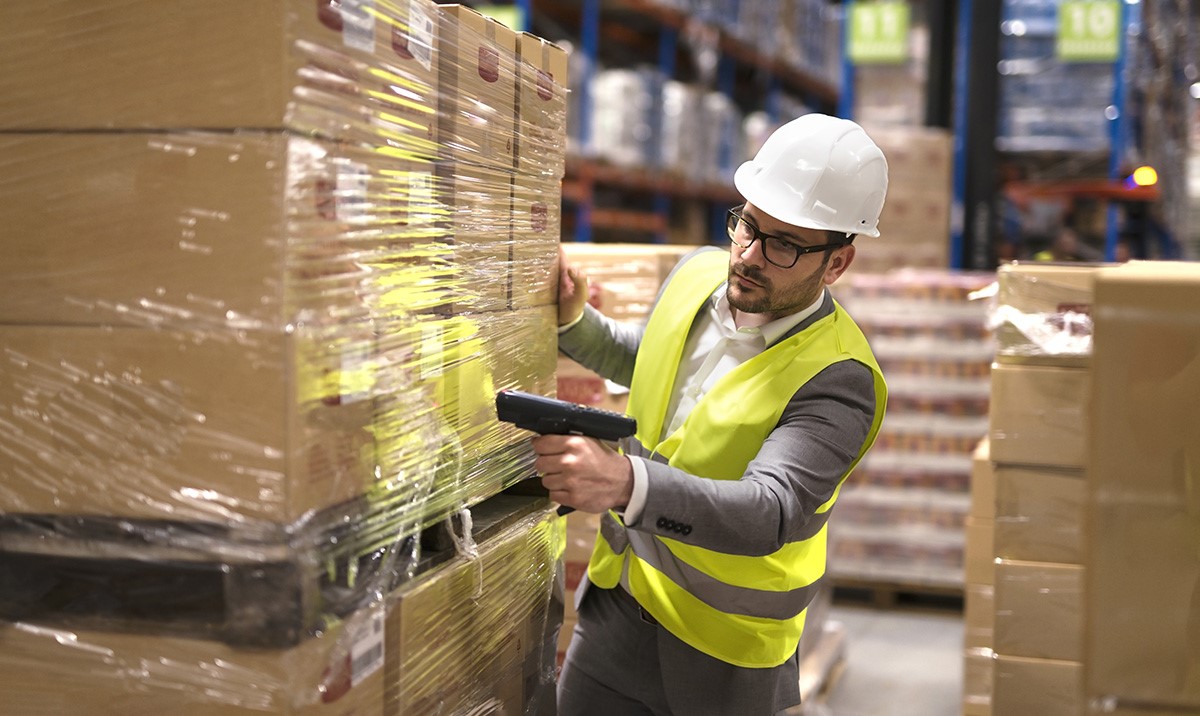Lithium-ion batteries are increasingly essential in today’s technology-driven world. From smartphones to electric vehicles, these batteries power a wide range of devices. As demand for these batteries rises, lithium-ion battery suppliers face significant challenges in scaling production to meet this need. Addressing these challenges effectively is crucial for maintaining supply and supporting the growing market.
Understanding the Challenges in Scaling Production
- Increased Raw Material Requirements
Scaling up production means using more raw materials. For lithium-ion battery manufacturers in the USA, securing a steady supply of materials like lithium, cobalt, and nickel is a significant challenge. These materials are often sourced from different parts of the world, which can lead to supply chain issues. Suppliers need to establish reliable sources and manage their inventory efficiently to avoid disruptions.
- Manufacturing Capacity Limitations
Existing manufacturing facilities may not have the capacity to meet the growing demand. Expanding production requires significant investment in new equipment and facilities. For lithium-ion battery suppliers, this means balancing the cost of expansion with the need to maintain quality and efficiency. Upgrading facilities to handle increased production volumes while maintaining high standards is a critical challenge.
- Quality Control and Consistency
As production scales up, maintaining the quality and consistency of batteries becomes more difficult. High demand can lead to rushed processes, which may compromise the quality of the final product. Lithium-ion battery suppliers must implement strict quality control measures to ensure that each battery meets safety and performance standards, even when production volumes increase.
- Technological Upgrades
Advancements in battery technology can outpace existing manufacturing processes. Lithium-ion battery manufacturers in the USA need to continuously upgrade their technology to stay competitive. This involves investing in new production techniques and incorporating the latest advancements in battery chemistry and design. Keeping up with these technological changes is essential for meeting high demand and improving battery performance.
Strategies for Overcoming Production Challenges
- Building Strong Supply Chains
To address raw material shortages, lithium-ion battery suppliers can build strong relationships with multiple suppliers. Diversifying sources of raw materials helps reduce the risk of shortages and ensures a steady supply. Establishing long-term contracts with suppliers can also provide stability and predictability in material costs.
- Investing in Advanced Manufacturing Technologies
Upgrading manufacturing facilities with advanced technologies can help increase production capacity and efficiency. Automation and robotics can streamline production processes, reduce errors, and speed up manufacturing. For lithium-ion battery manufacturers in the USA, investing in these technologies can help meet high demand while maintaining quality.
- Implementing Robust Quality Assurance Programs
To ensure quality and consistency, lithium-ion battery suppliers should implement comprehensive quality assurance programs. This includes regular testing and inspection of raw materials, intermediate products, and final batteries. By maintaining rigorous quality control standards, suppliers can deliver reliable and safe batteries even as production scales up.
- Optimizing Production Processes
Improving production processes can enhance efficiency and reduce waste. Suppliers should analyze their current processes to identify areas for improvement. Streamlining operations, reducing downtime, and optimizing workflow can help increase production capacity and meet growing demand more effectively.
Conclusion: Meeting the Challenges with Emerging Power
As the demand for lithium-ion batteries continues to rise, addressing the challenges of scaling production is crucial for lithium-ion battery suppliers. By building strong supply chains, investing in advanced manufacturing technologies, implementing robust quality assurance programs, and optimizing production processes, suppliers can overcome these challenges and support high-demand applications.
Emerging Power is committed to leading the way in addressing these challenges. With a focus on innovation and efficiency, they are dedicated to advancing battery technology and meeting the growing needs of the market. As the industry evolves, Emerging Power remains at the forefront, providing reliable and high-quality solutions for a wide range of applications.

